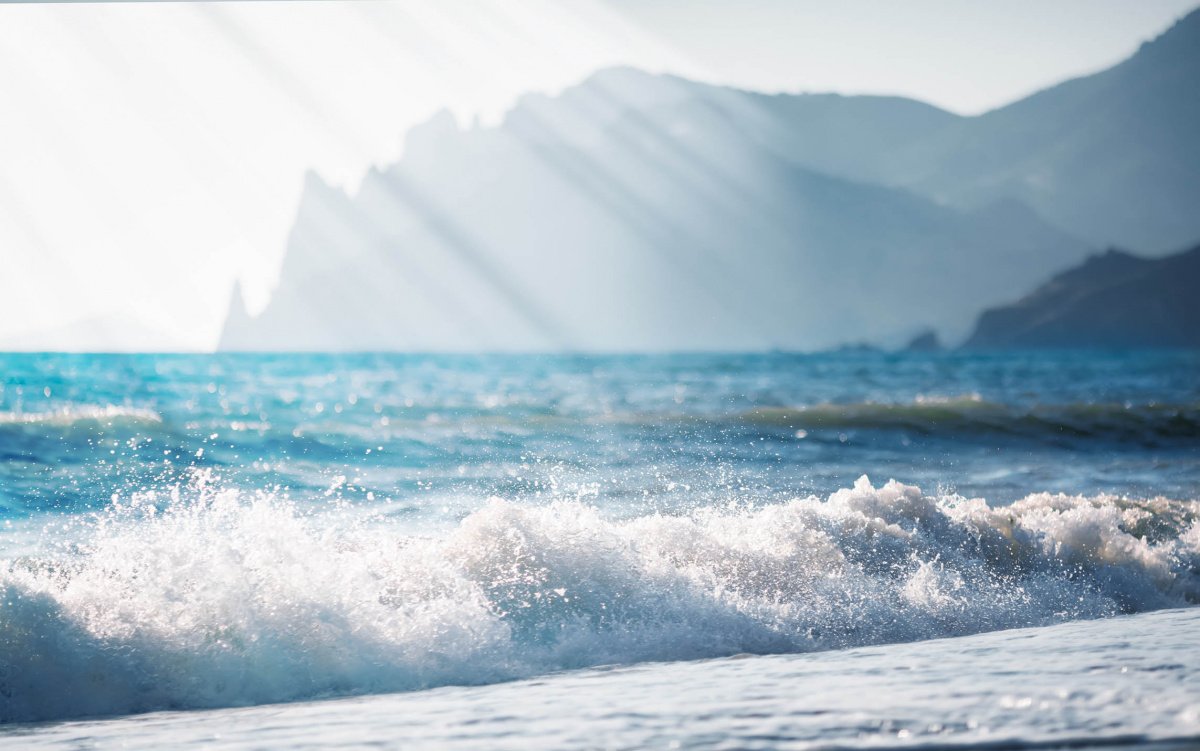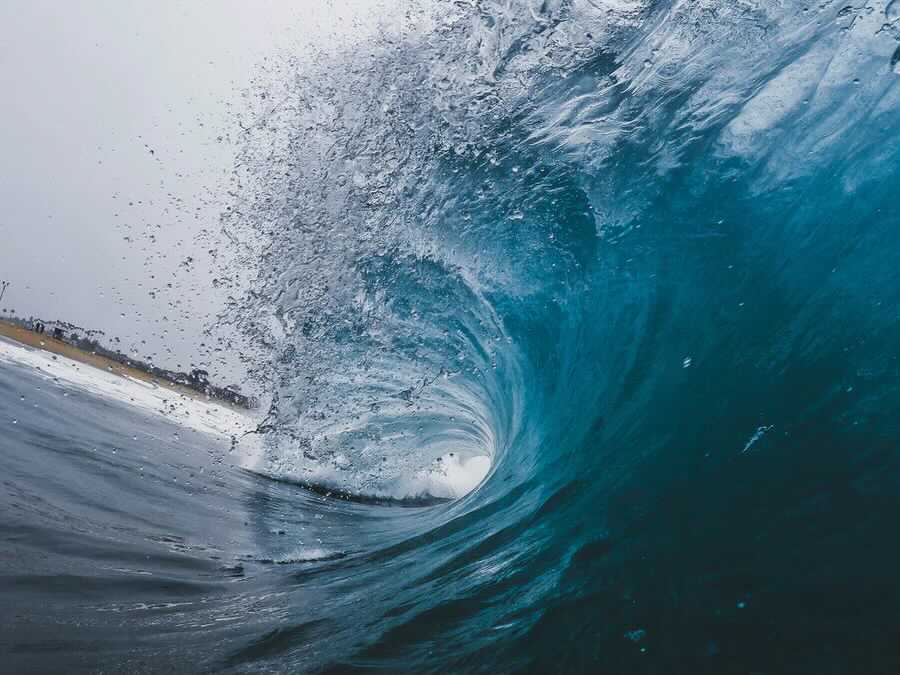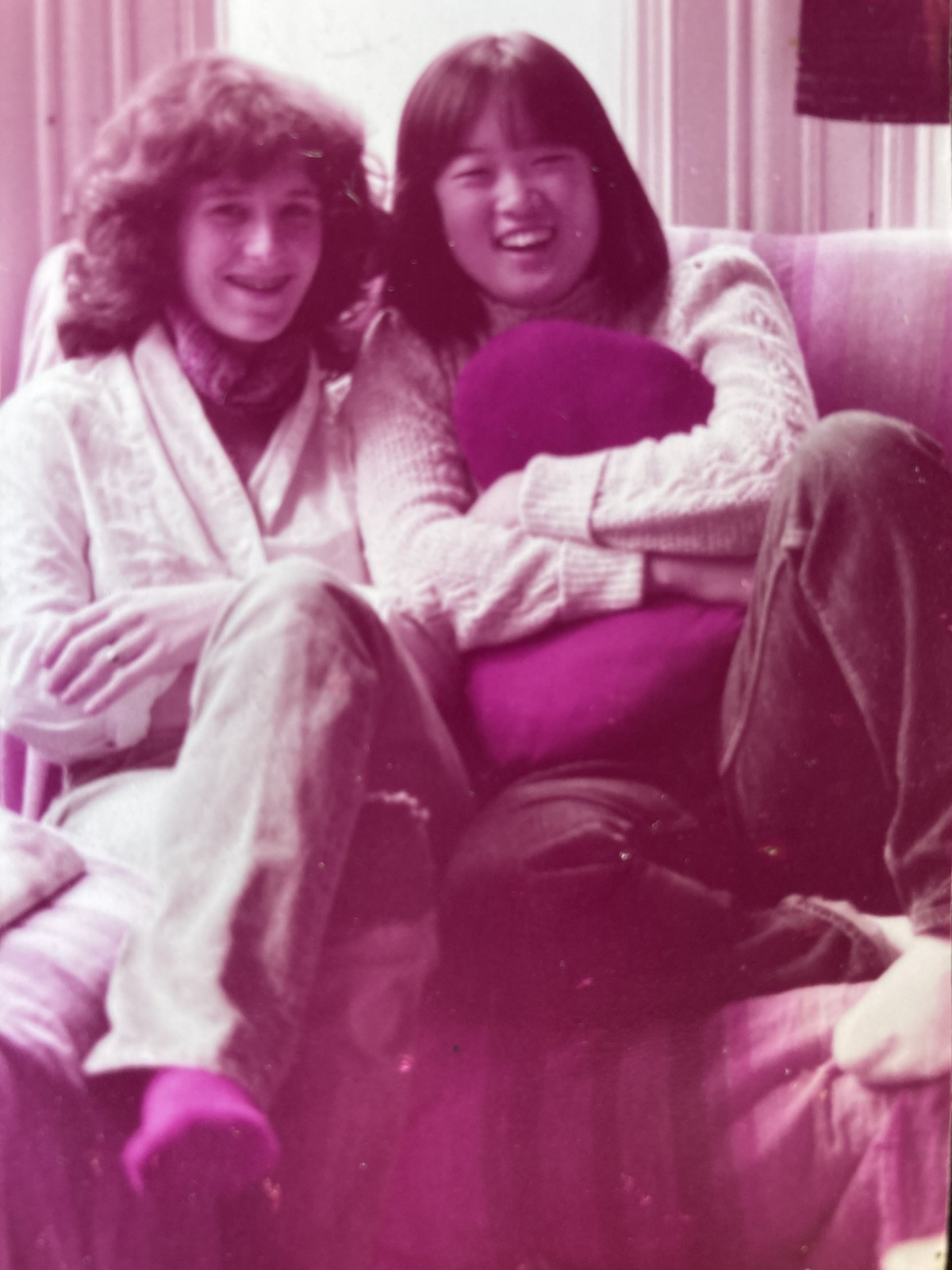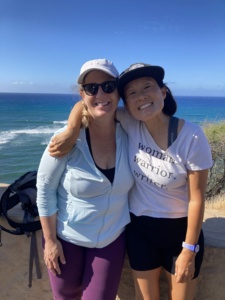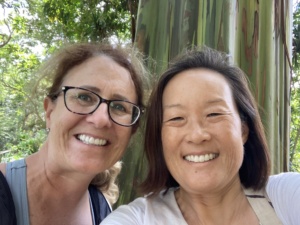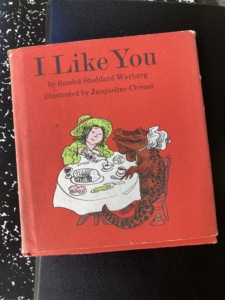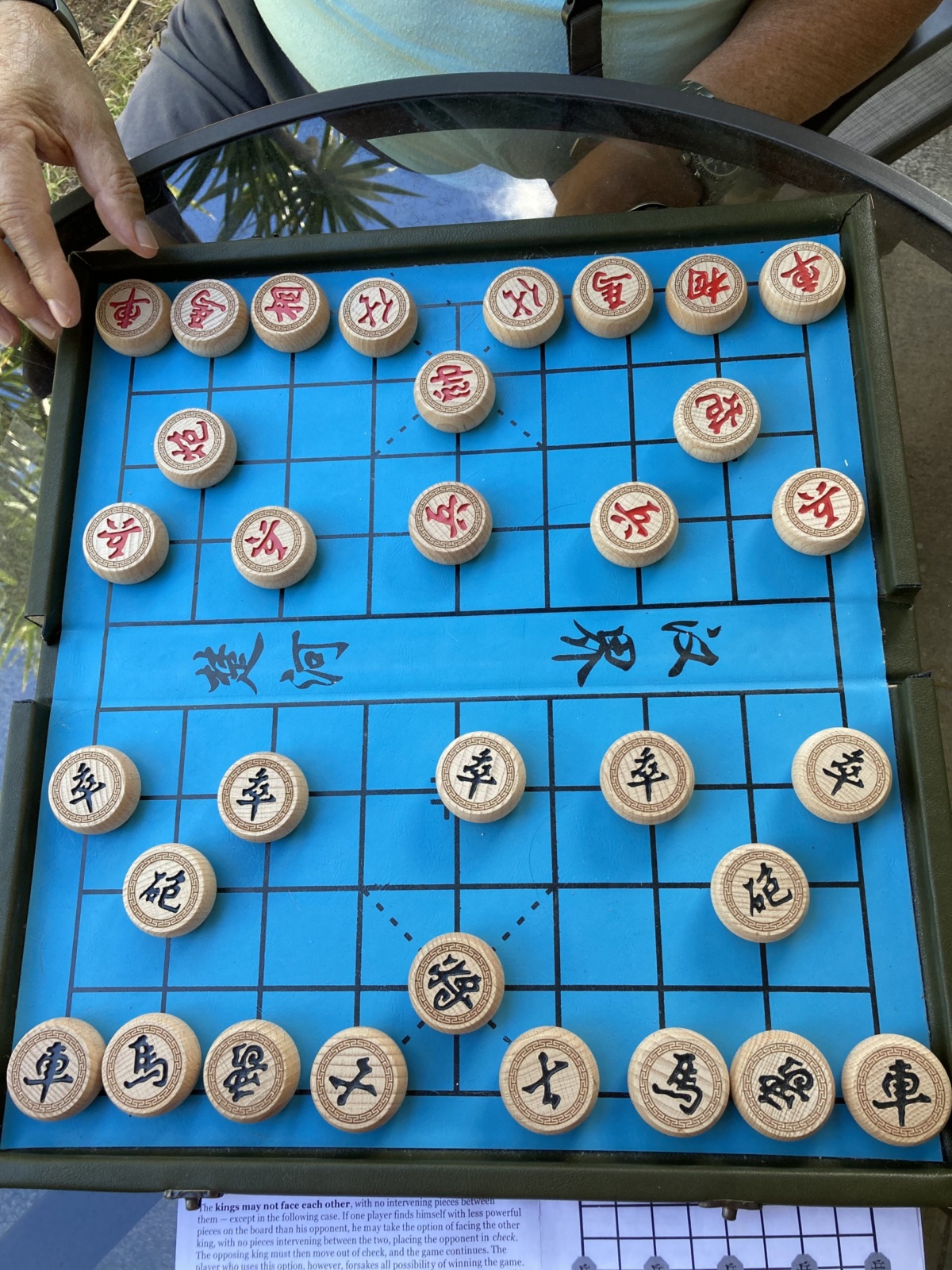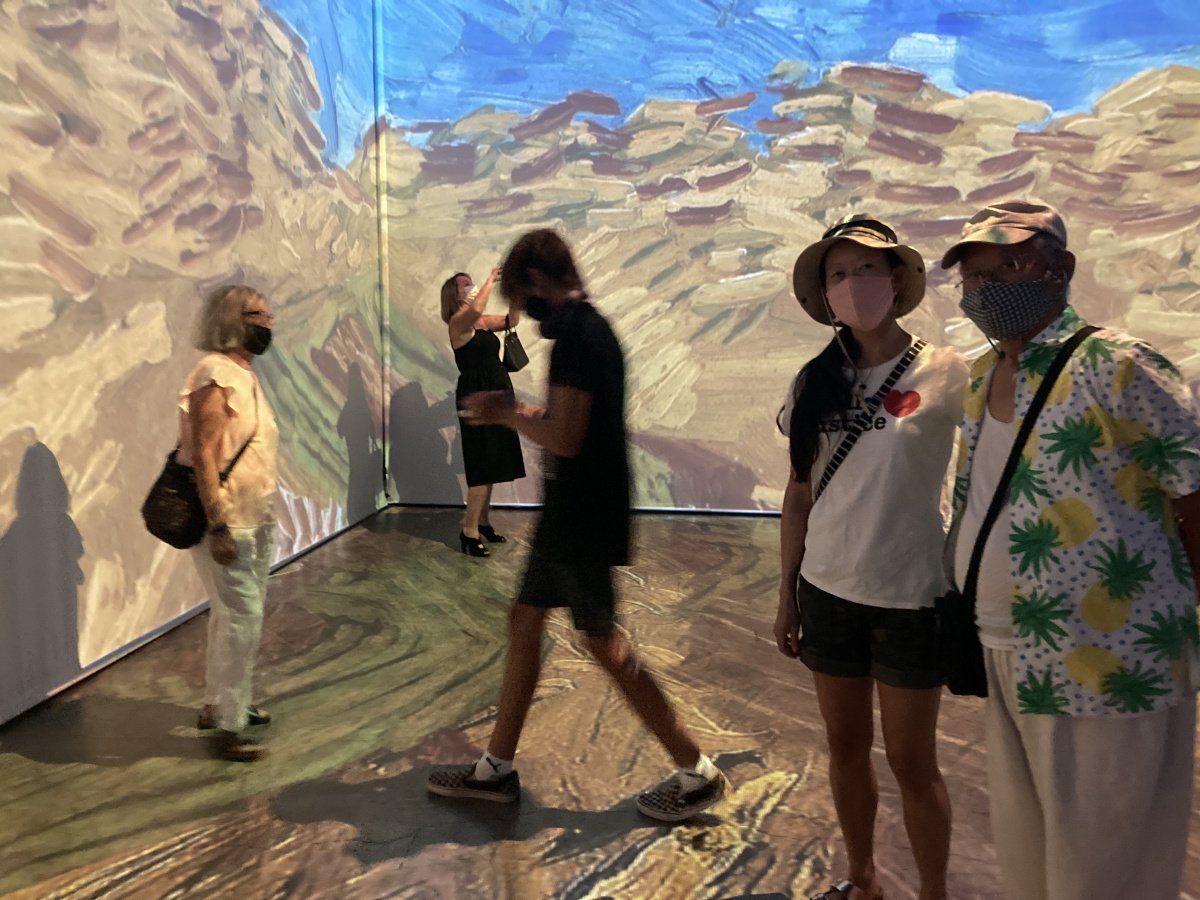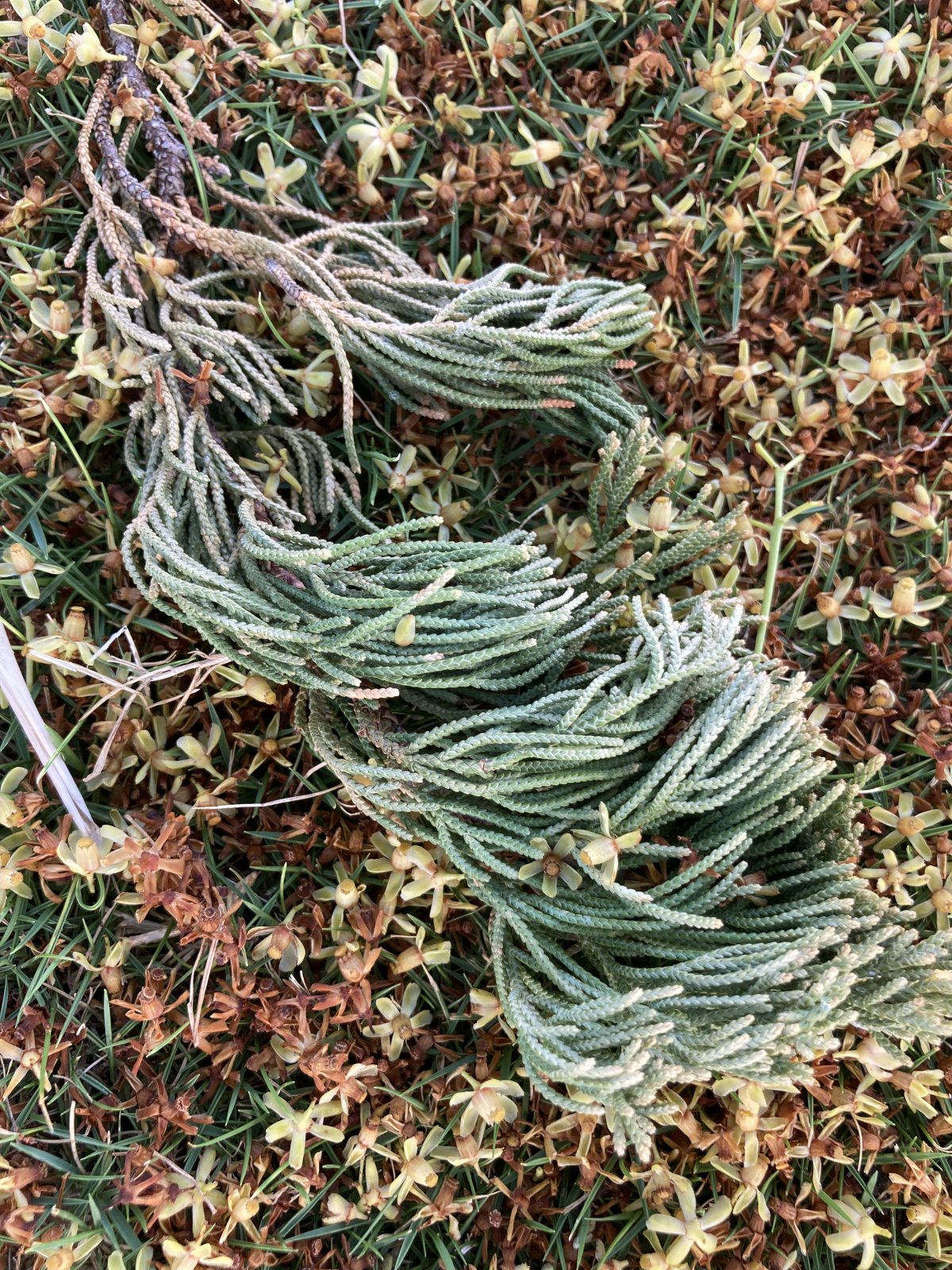A therapist can be an important person in your life during divorce. I’m not going to discuss why one refuses therapy. Frankly, I can’t get into that. You have to do what works for you. Therapy helped me through divorce.
While I started therapy with one person at the beginning of my divorce after 1-2 meetings, I felt a little uncomfortable, plus I was moving. I decided to search around for a new one.
I had a solid therapist who really helped me transition through divorce. Here are my suggestions and ideas:
- Google and do some research about the practitioners in your area. Ask for recommendations from friends.
- Note that psychiatrists can prescribe meds, but psychologists and counselors do not.
- Do you think that this person can help you as you are moving through your divorce? Remember that there are different steps. A person who is there smack in the middle of your crisis can be great for that time period, and may not work post-divorce. We turn to different people at different points. Understand and think about what you need.
- What is the background of the therapist—area of expertise? Perhaps the therapist is an expert in adolescent behavior or addiction, couples therapy? You have to get a handle on this.
- Area of knowledge/framework: Personally, I avoid Freudians. Freud was an interesting philosopher and a cocaine addict with dubious ideas about women. If you say you are a Freudian practitioner, I am going to run the hell away. Call me a downer, but yeah, my feeling is that Freud probably made a helluva lot of women feel bad about themselves. I vote for Gestalt or Cognitive Behavioral Therapy (CBT) — the latter, in particular, deals in the here and now. But most practitioners do know and understand different modalities. For me, I wanted to just get through the divorce. Yes, I delved into early childhood, but in the trenches of divorce I had no bandwidth to rewind as the divorce itself was grueling week after week. I didn’t get into a huge amount of my past until later. Now, I’m ready to work with a different sort of therapist. So again, you have to figure out what you need.
- Do you feel comfortable talking to this person? Age, background, gender, ethnicity, political leanings? You will be meeting this person at least once a week or so, how do you feel about this person?
- Therapy is about emotional work and understanding people’s position in society and within the context of a certain type of patriarchal culture. I have personally never worked with a male therapist, but then again, I have seen a male gynecologist exactly once. In the past, I have also prioritized therapists who understand my position as a woman of color. I’ve had black, Asian-Chinese and Korean descent, and white women therapists. Before you run to a therapist, do some reflection about what you think you will need during this time period of the divorce process. Some people feel more comfortable working with people who are completely unlike who they are. Others not. It all is down to knowing who you need to be on your team. A therapist is on your team.
- If you don’t want to see a therapist or are unable to do so, make sure you can count on friends or family as you transition. Divorce is hard. We all need support!
